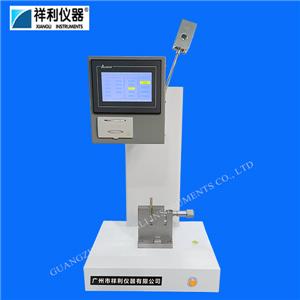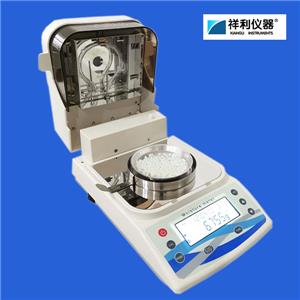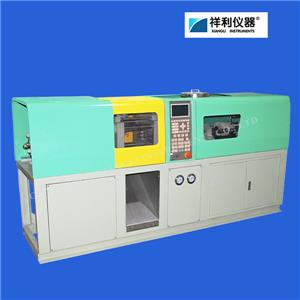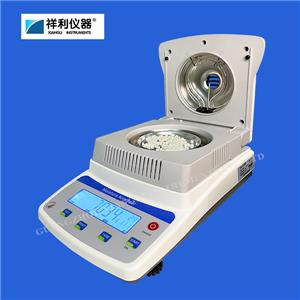- Home
- >
- News
- >
- Industry News
- >
- Recent advances in the research of plastic test instruments
Recent advances in the research of plastic test instruments
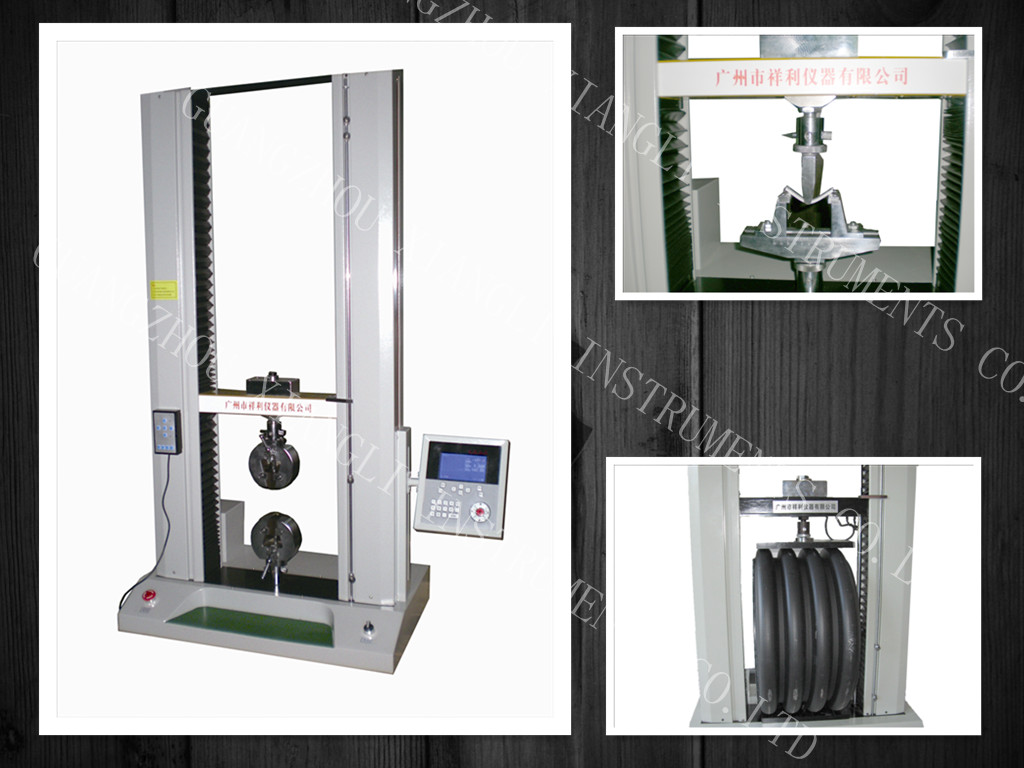
Recent advances in the research of plastic test instruments

1.In recent years, plastic material detection has become
more and more complicated. Compared with the past, the analysis and evaluation,
elastomer, polymer composite materials and thin film performance testing
instrument and equipment of higher accuracy, and the results more consistent,
better repeatability. In many cases, the digitized reduce the price of the test
equipment, and accepted by many processing enterprises, and is used for
internal testing and advanced quality control. Plastic test is mainly used for
the development of new materials technology assessment shows that material use,
determine whether the products can satisfy the different conditions of the
final with use requirements, verify the design concepts, to ensure product
quality and safety.
2.Overview of plastic performance
Plastic with traditional materials such as metal,
glass, pottery and porcelain has many different, its outstanding characteristic
is qualitative light, to heat and electricity has good insulation, the
strength, stiffness, although lower than metal, but than strength, stiffness is
likely to be close to or more than metal. The flexibility of plastic is
significantly better than that of glass and ceramics, and the toughness of
different plastics may be lower than, near or above metal. The response of the
external loading charge, metal, glass, ceramics is elastic, plastic is viscoelastic.
The mechanical properties of metal, glass and ceramic are very sensitive to the
influence of plastic mechanical properties. The effect of humidity on metal,
glass and ceramic mechanical properties has no effect on the mechanical
properties of plastics. The effect of humidity on metal, glass and ceramic
mechanical properties has no effect on the mechanical properties of plastics
3.The need for plastic testing:
(1)Evaluate the performance
behavior of the material to determine its suitability for the applied
application
(2)To evaluate whether the
material meets the requirements for safety regulations;
(3)For quality control purposes,
evaluate the quality and consistency of each batch of products;
(4)Special evaluation of materials
for user support

